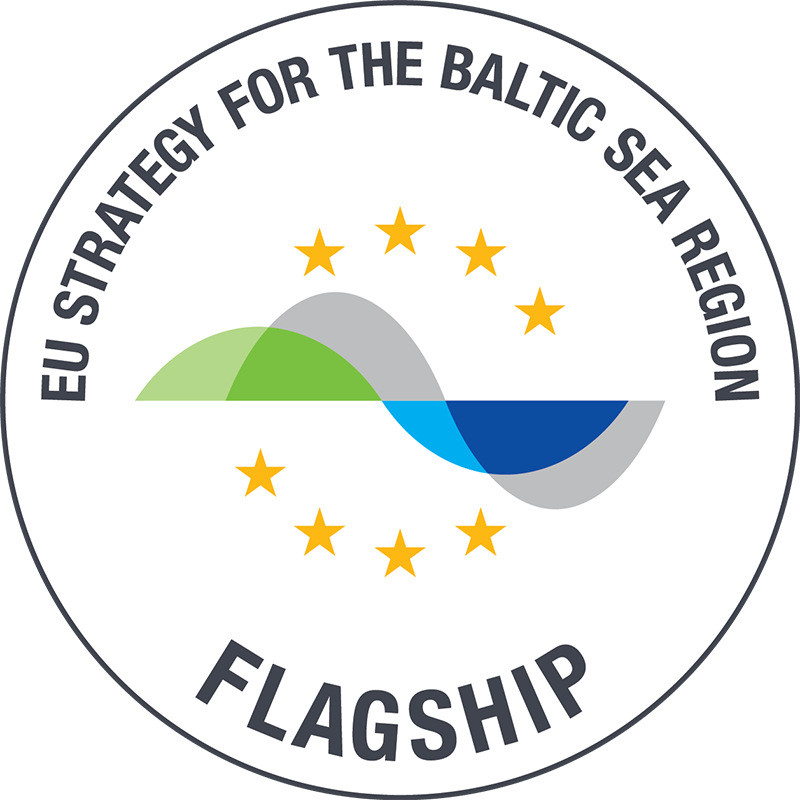Pilot Testing
Evaluating transnational testing in Baltic Sea Region Living Labs
The report draws on 14 collaboration pairs between one small and medium-sized enterprise (hereafter SME) and one Living Lab from different countries in the Baltic Sea Region. In an effort to evaluate how transnational Liv- ing Lab services could be conducted, and how servic- es could scale from one country to another, these part- nerships were each funded with 5000 EUR. In terms of categorising the products and services for test, as well as the services rendered, the 14 tests represent a very broad spectrum of health, as presented in the appendix. The tests were evaluated under the headlines of Match- ing & contracting, Evaluation of work carried out, and Fu- ture perspectives.
Regarding Matching and contracting, there was a very high degree of satisfaction with the process across SMEs and Living Labs. This is echoed throughout the find- ings of the report, as there is a high degree of satisfac- tion with the work done concerning quality found and in the future perspectives in terms of possible future collaborations.
Living Labs view the Matching and contracting phase as somewhat too cumbersome, but this is not mirrored by the SMEs who find it adequate or even too short. This finding is especially interesting in the context of this project, where the tests have been paid, and ex- tensive communication efforts have been performed. This and other indications entails that Living Labs may have to rethink their business models, which in many circumstances build on paid services from companies, and likewise have to rethink how they attract and col- laborate with SMEs. In this regard, initiatives such as defining a clear value proposition and working with an external network or as testing partner in an existing net- work or organisational structure may be beneficial to Living Labs. Living Labs therefore may have to recon- sider the position of viewing a long contracting period as negative, and see it as part of the value for the SME. In that sense it is of course relevant to adjust process- es to either generate value on a shorter time, or support a longer matching and contracting phase with a lower time consumption.
Despite of this, both the SMEs and Living Labs were very satisfied with the quality of the work done. While there were some differences in the level of expectations to the collaboration, the general level of satisfaction with the outcomes was very high.
The full report can be found here

